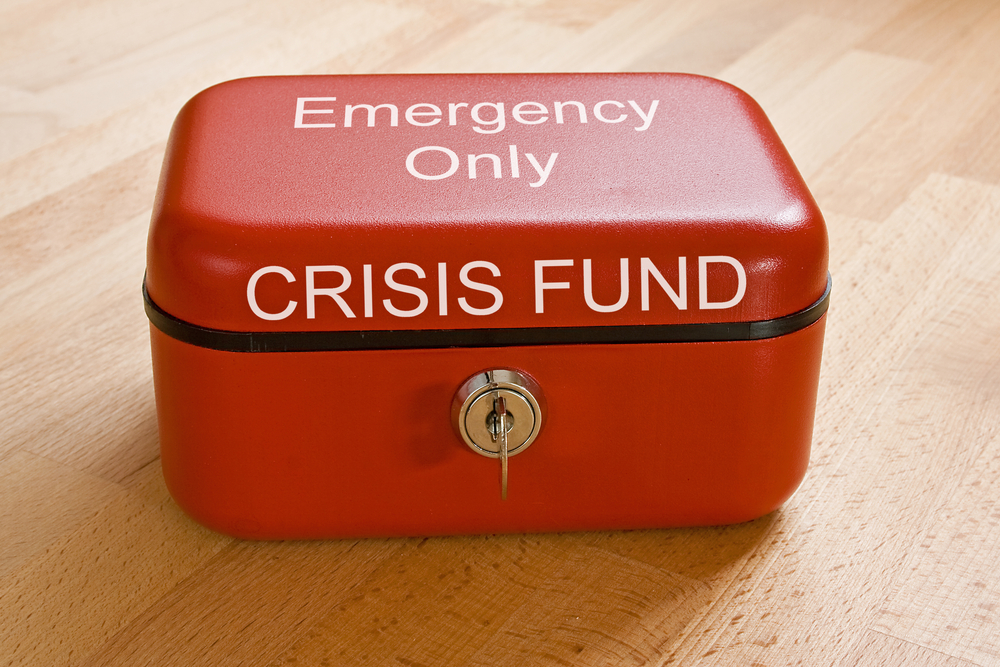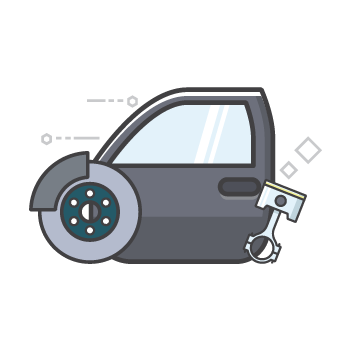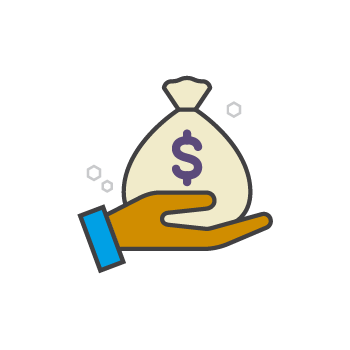Five Reasons to Start an Emergency Fund This Year If You Haven’t Done So Yet
by Carolyn Lee Jan 2, 2023

Many of us are reviewing our finances or making plans to improve them in the New Year. Savings, investments, and budgeting are a few ideas that might help. Another worthwhile option for securing a robust financial future is an emergency fund. An emergency fund can help with some of life’s unpredictable expenses.
What is an emergency fund?
An emergency fund could be considered a safety net against financial difficulties like job loss, accidents, eviction, health, and other unexpected emergencies. This fund is usually a bank account set aside for substantial and unexpected expenses. The money in your emergency account can prevent you from incurring debt and allows you to manage financial responsibilities for a few months if something unexpected occurs.
How do you create an emergency fund?
When planning an emergency fund, create a financial goal to guide the process. A typical goal is to save three to six months of living expenses. If you cannot save up to six months of expenses, make your goal smaller, like two weeks of your salary. You can also have a savings schedule where you transfer 10% of each paycheque into the fund. To further bolster the fund, develop a habit of automatically moving a portion into a high-yield savings account.

Five reasons to have an emergency fund
Your fund can help if there is job loss: Losing a job can negatively impact your financial responsibilities. You can use money from your emergency savings to take care of priority expenses related to your home, childcare, and groceries.
Urgent home repairs: Broken appliances, unexpected plumbing emergencies, or a damaged roof are a few time-sensitive home repairs that can weaken your budget. With an emergency fund, you can allocate money to address urgent home repairs without stressing over the cost or taking out a loan.
Unexpected medical expenses: While health insurance covers some medical costs, some medical emergency expenses might require additional spending. Your fund can help subsidise fees related to health crises like unplanned dental treatments, X-rays, and other medical emergencies insurance might not cover.
Vehicle maintenance: Owning a vehicle is a worthwhile yet costly investment. Expenses related to maintenance, insurance, and accidents can take a toll on finances. However, using money from your emergency savings can make some vehicle-related spending less frustrating.
Family difficulties: Some struggles can make other life challenges seem like heavier burdens if you are not financially stable. When a loved one is seriously ill or passes unexpectedly, expenses can quickly add up. Also, if your employer does not provide bereavement pay, having an emergency fund to ease the spike in expenditure can be vital.
What else should you know about an emergency fund?
Your emergency fund should be with a financial goal in mind. Since this fund is for emergencies and unexpected financial expenses, ensure that it is liquid so you can easily access money when needed and without paying any fees. Avoid using money from this account unless you are in a crisis. Stay updated on your progress by regularly checking your savings and celebrating your accomplishment. It takes discipline to stick to saving when there are distractions requiring expenditure.
Do you need help with financial planning?
Please use our Find Yello listings to search for accountants, banks, and financial institutions with services that can help you plan and enjoy financial freedom. We also have some tips on financial planning and dealing with lifestyle habits that might be draining your finances.
Sources: Bankrate, Real Simple, Nerd Wallet, Consumer Finance, and Wells Fargo.








